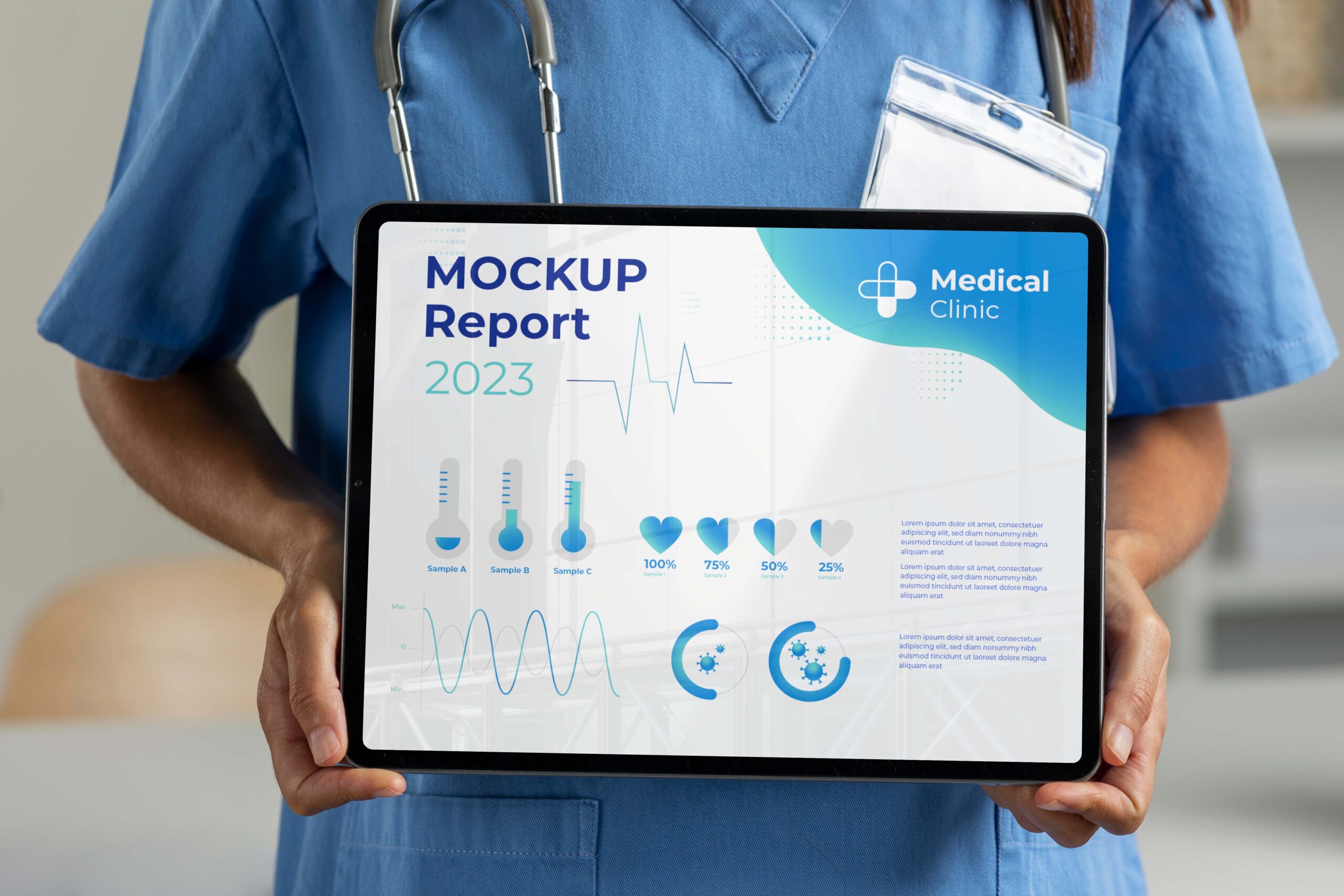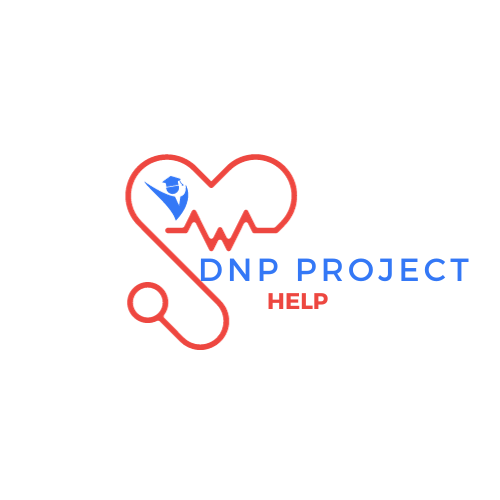
Course Description
This beginner-friendly course covers statistical concepts with a focus on how they relate to healthcare professions. You’ll learn how to understand and assess statistics used in research papers, helping you make informed decisions about which statistical methods are right for different situations. We’ll cover topics like analysis of variance, regression, and graphical presentation, as well as experimental design, descriptive statistics, and sampling methods. You’ll also get familiar with z, t, and chi-square tests. By the end of HLT-362V: Applied Statistics for Health Care Professionals, you’ll be equipped to apply statistical methods effectively in healthcare settings.
Course Materials
Topic 1: Understanding Statistics and Its Importance in Health Sciences
Description:
In this topic, we’ll explore the basics of statistics and why they matter in health sciences. We’ll cover:
Objectives:
- Giving examples of different types of measurements: like naming things (nominal), putting them in order (ordinal), and measuring differences (interval).
- Defining fundamental statistical terms.
- Learning about the historical use of statistics.
- Exploring how statistics are used in improving healthcare quality, safety, and promoting better health.
Topic 1 DQ 1
Description:
Let’s talk about how statistics have been used in healthcare history. Can you think of a time when using numbers made a big difference in how healthcare worked? Maybe you’ve heard of Florence Nightingale, who used statistics to improve hospital conditions during the Crimean War. But can you think of another example where statistics had a big impact on healthcare?
Topic 1 DQ 2
Description:
Let’s talk about why understanding statistics is crucial for people in healthcare jobs. Can you think of why it might be important? Well, knowing how to work with numbers helps healthcare workers make better decisions about patient care and improve how healthcare services are provided.
Do you have an example from your workplace or specialty area where statistical data is used? Maybe you use statistics to track patient outcomes or monitor the effectiveness of treatments. As a healthcare practitioner, you might be expected to analyze this data and use it to make decisions about patient care or suggest improvements to how things are done.
Must Read:



